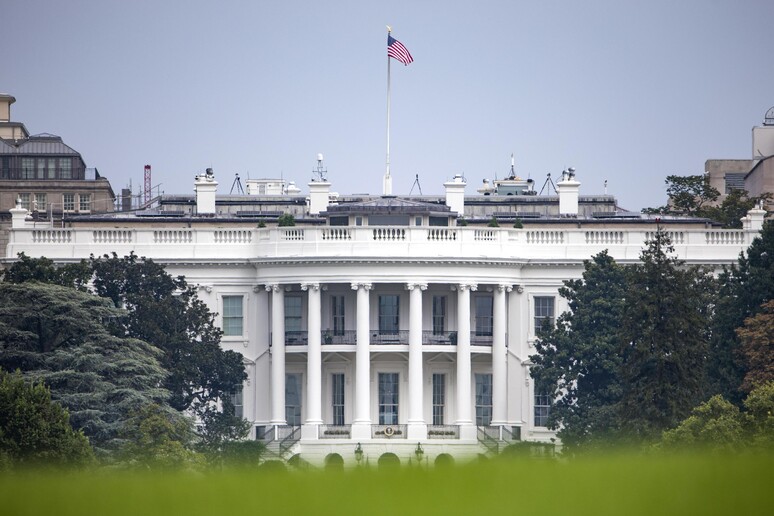As reported by two former federal employees to Axios, the White House’s guidelines for new hires include a test that assesses candidates’ loyalty to President Donald Trump.
Critics say the test is just the latest move by the US government to politicize the civil service, eroding more than a century of laws and traditions designed to insulate employees from politics.
Candidates for public administration positions, including nurses, surgeons, engineers, lawyers, and economists, will be asked four questions about their level of patriotism and support for the president’s policies.
They will have to respond with a short text, maximum 200 words, and of course, they will not be able to use artificial intelligence.
Among the questions that will be asked of aspiring civil servants are questions such as “How would you help advance the President’s Executive Orders and policy priorities in this role?” or “Identify one or two relevant Executive Orders or policy initiatives that are significant to you, and explain how you would help implement them if hired.”
The test in question has generated quite a bit of controversy from the start, as experts say they have nothing to do with a candidate’s merits or skills.
“When you’re doing hiring, traditionally by law, you have to focus on the knowledge, skills and abilities required for the position,” Jeri Buchholz, former NASA human resources manager, told Axios, “The questions are philosophical. They’re not even aptitude related. And I’m very unclear how you score that.”
“A merit-based public service, whose construction took generations, is being dismantled through a memo,” wrote Adam Bonica, a political scientist at Stanford University.
On the other hand, an official from the Office of Personnel Management defended the tests, explaining, “The President has the power of superintendence over the Executive Branch and clear statutory authority to ask these questions of prospective employees. He is not imposing a loyalty test by doing so”.
However, it will be up to the various federal agencies to decide how and whether to use these questions during the selection phase. Despite assurances from the government, critics continue to see these tests as an attempt by the president to politicize the civil service in his favor.










